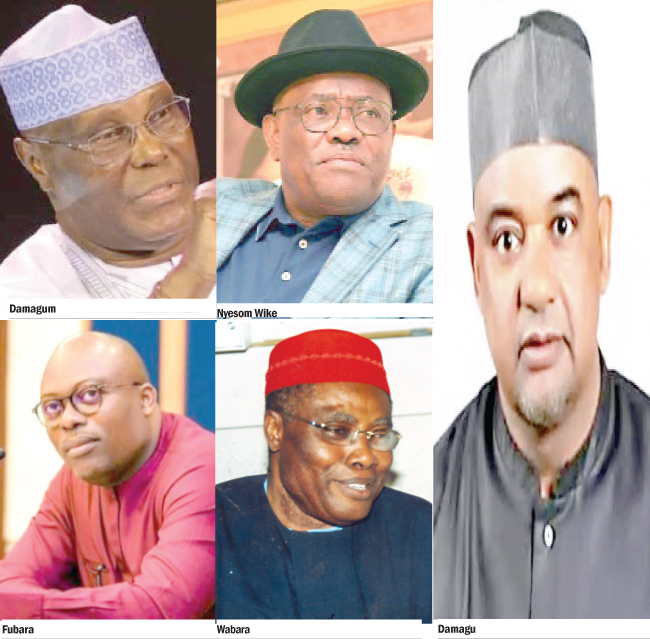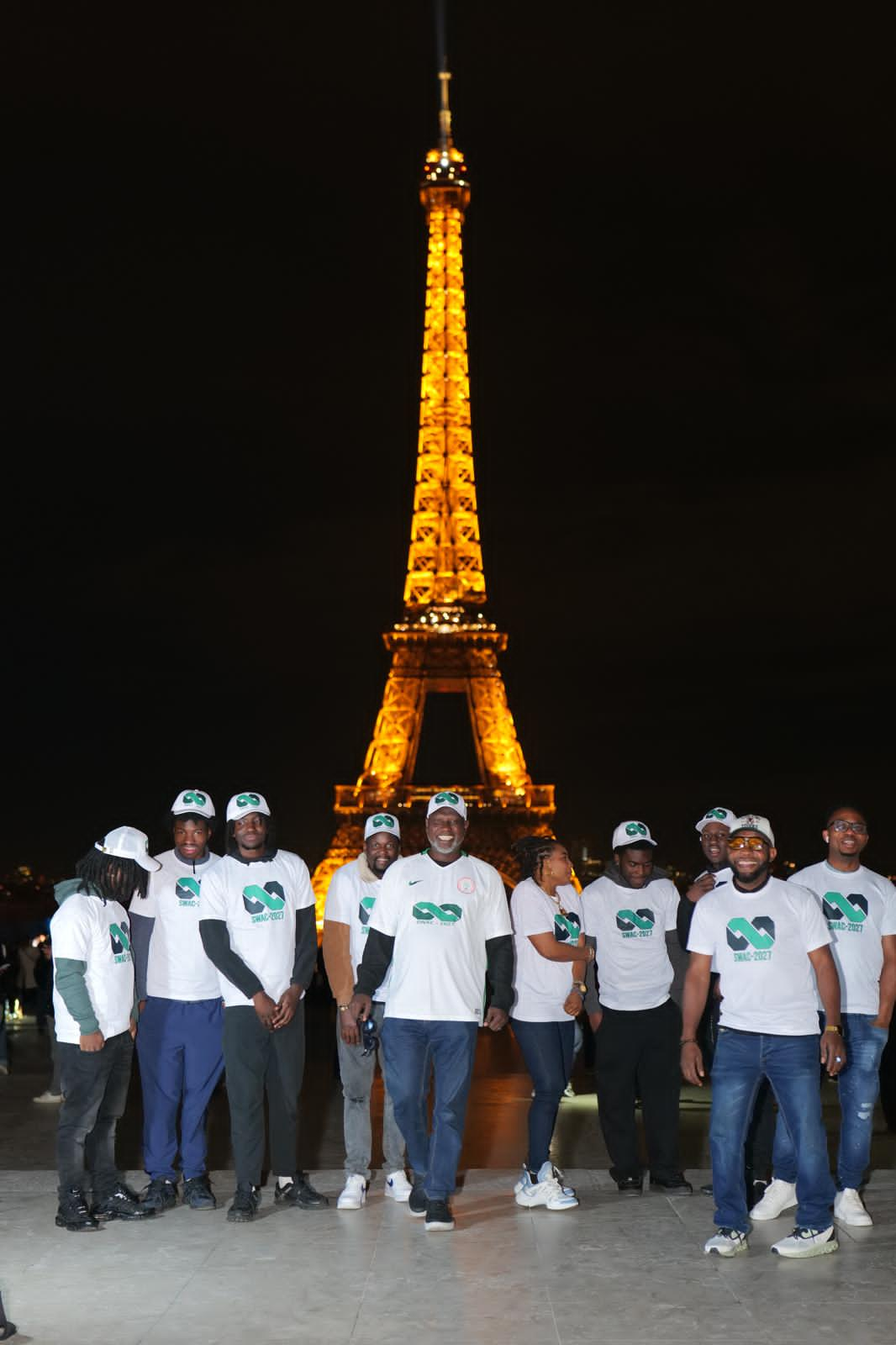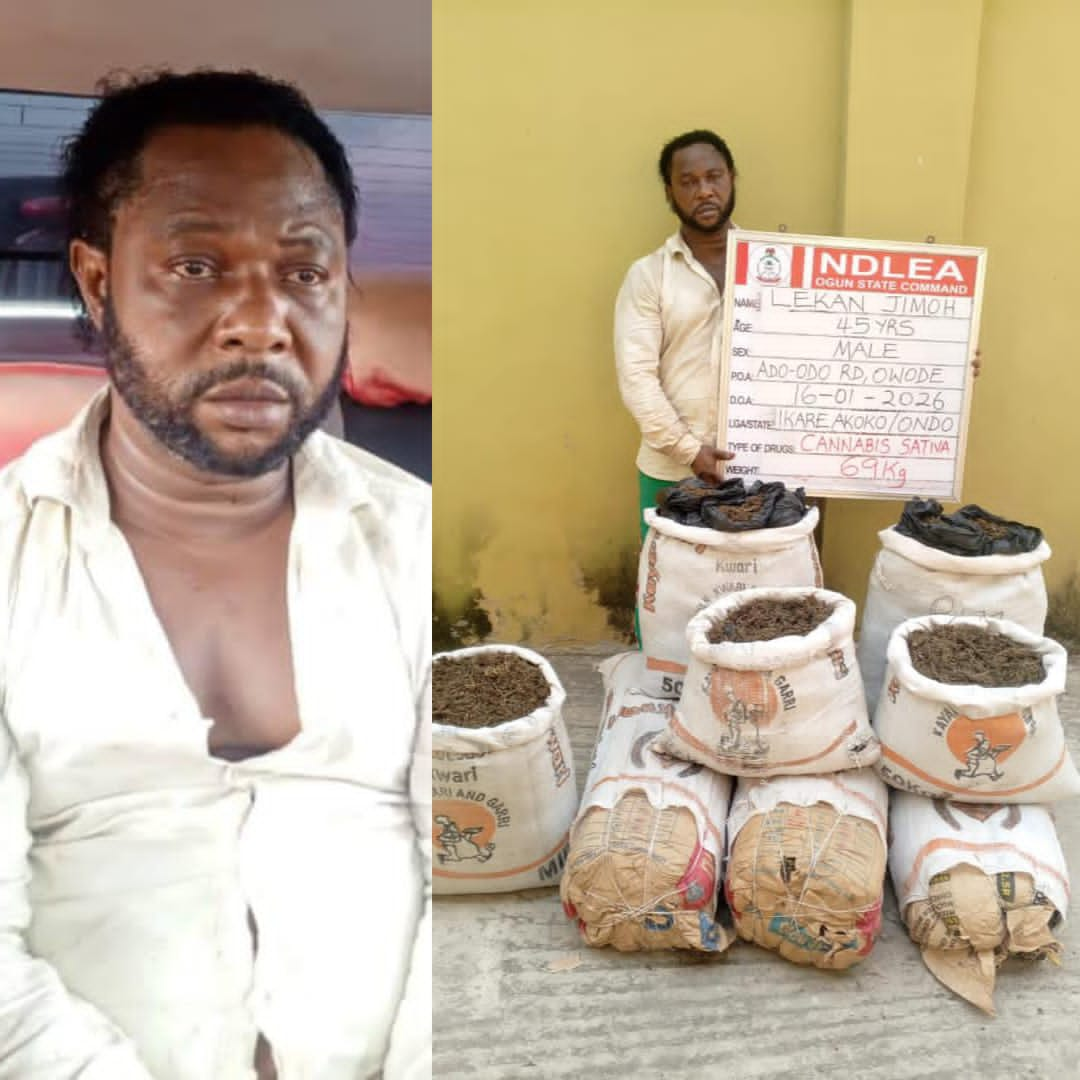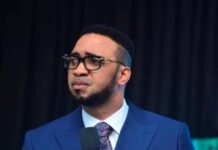🌿 Ruzu Non-Alcoholic Herbal Bitters
Ruzu Non-Alcoholic Herbal Bitters is a natural health supplement specially formulated to:
- ✅ Promote general wellness
- ✅ Detoxify the body
- ✅ Support the treatment of various ailments
Made from a powerful blend of 100% organic and medicinal herbs, Ruzu is completely alcohol-free, making it ideal for:
- 👪 All age groups
- 🌱 Health-conscious individuals
- 🌿 Anyone seeking non-alcoholic herbal remedies
Whether you're looking to boost your vitality, cleanse your system, or support healing the natural way, Ruzu Bitters offers a trusted herbal solution.
In this piece, LEON USIGBE examines the persistent challenges undermining the Peoples Democratic Party (PDP), highlighting how its unresolved leadership crisis has eroded its strength as a political force and the implications for the party’s future heading into 2025 and beyond.
The People’s Democratic Party (PDP), once a dominant force in Nigerian politics, finds itself grappling with an existential crisis as it steps into the year 2025. The challenges of 2024 have underscored the party’s steady decline, marked by internal discord, waning influence, and an inability to present itself as a credible opposition.
A major factor contributing to the PDP’s troubles is the persistent leadership crisis. The contentious presidential primaries of 2022, where former Vice President Atiku Abubakar and former Rivers State governor and now Minister of the Federal Capital Territory (FCT), Nyesom Wike clashed, set the stage for prolonged discord. This tension erupted into open divisions, with the infamous G5 governors, led by Wike, breaking ranks and supporting opposition candidates during the 2023 elections.
Internal crisis
The 2024 PDP’s internal crises stem from unresolved grievances, particularly those rooted in the 2023 presidential primaries. Wike’s discontent with Atiku’s candidacy has persisted to this day, at times, splitting the national leadership into two factions. This public disagreement underscores a broader issue: the PDP’s inability to enforce internal discipline. Members routinely criticize party decisions without consequence, fostering a culture of impunity that undermines unity.
The removal of Senator Iyorchia Ayu as the party’s national chairman further destabilized the PDP, leaving a vacuum that acting national chairman Umar Damagum has struggled to fill. His indecisiveness, perceived loyalty to Wike, and failure to address internal grievances have deepened factionalism. The main opposition party now exists as a fractured entity, split into competing camps, each vying for control. This lack of cohesion has paralyzed decision-making, hindering any meaningful reconciliation or unified strategy.
Leadership struggles further exacerbate these problems. Damagum’s refusal to step down despite calls for new leadership has intensified divisions. The party’s failure to convene its National Executive Committee (NEC) for critical decision-making since April 2024 illustrates the paralysis within its ranks. Without substantive leadership, the PDP remains adrift, unable to chart a path forward.
Declining public support
The PDP’s appeal among voters has steadily diminished, particularly in the South-East, where it has lost significant ground to the Labour Party, led by Peter Obi and, in recent times, to the ruling All Progressives Congress (APC) through defections, which have compounded the issue, highlighting a widespread loss of confidence in the party’s capacity to lead.
This erosion of support is not confined to a single region. Across Nigeria, the PDP is increasingly viewed as an empty shell or a party bereft of vision, leadership, and a coherent strategy to challenge the APC. Its failure to provide a clear alternative to government policies has only reinforced this perception. Despite criticizing President Bola Tinubu reform agenda for its perceived insensitivity to economic challenges like inflation and unemployment, the PDP’s critiques have failed to resonate with the electorate or translate into tangible political gains
Factionalism within the PDP has deepened regional divides, particularly in the South-South, where Wike is believed to retain strong influence. However, his struggle for control of Rivers State adds a different layer to the problems of the party in the region and at the centre. The political feud between him and his successor, Governor Siminalayi Fubara, has intensified, characterized by accusations of betrayal and impeachment attempts. Despite interventions by figures such as President Tinubu, the core issues persist. Both are gearing up for further clashes as the 2027 elections approach, each striving to establish control in this increasingly turbulent political environment.
These divisions have already affected the PDP’s electoral prospects. The disunity and lack of a cohesive platform have alienated key voter demographics, resulting in poor performances during recent governorship elections in Edo and Ondo states. Analysts warn that without significant reforms, the PDP risks further losses in the 2027 general elections.
Conversations about the PDP including in the media have been overwhelmingly negative, focusing on its internal conflicts and portraying it as a party in disarray. The adverse coverage it constantly receives has eroded public trust and reinforced skepticism about the party’s ability to govern effectively.
The PDP’s internal struggles have overshadowed its attempts to present a viable opposition, diminishing its credibility at a time when Nigerians are seeking strong alternatives to the ruling APC.
Way forward
As 2025 inches in, the PDP faces an uphill battle to regain its footing. To remain relevant, analysts say the party must establish clear and decisive leadership capable of unifying the party. This includes addressing grievances stemming from past elections and enforcing internal discipline. It must develop and communicate a coherent vision that resonates with voters’ concerns, particularly on economic issues. It should be able to convene regular NEC meetings and other decision-making bodies to foster transparency and accountability and should address regional grievances to prevent further fragmentation and build a more inclusive coalition.
With 16 years in power at the centre behind it, the PDP’s struggles in 2024 have laid bare the challenges it must overcome to remain a viable political force. Without decisive action to address its internal crises, rebuild its national image, and reconnect with the electorate, the former ruling party risks relegation to political irrelevance in Nigeria’s evolving landscape. Starting from 2025, the coming years will determine whether the party can reclaim its position or continue its downward spiral into decline.
READ ALSO: Actions of 2015 still haunting PDP —Dagogo














